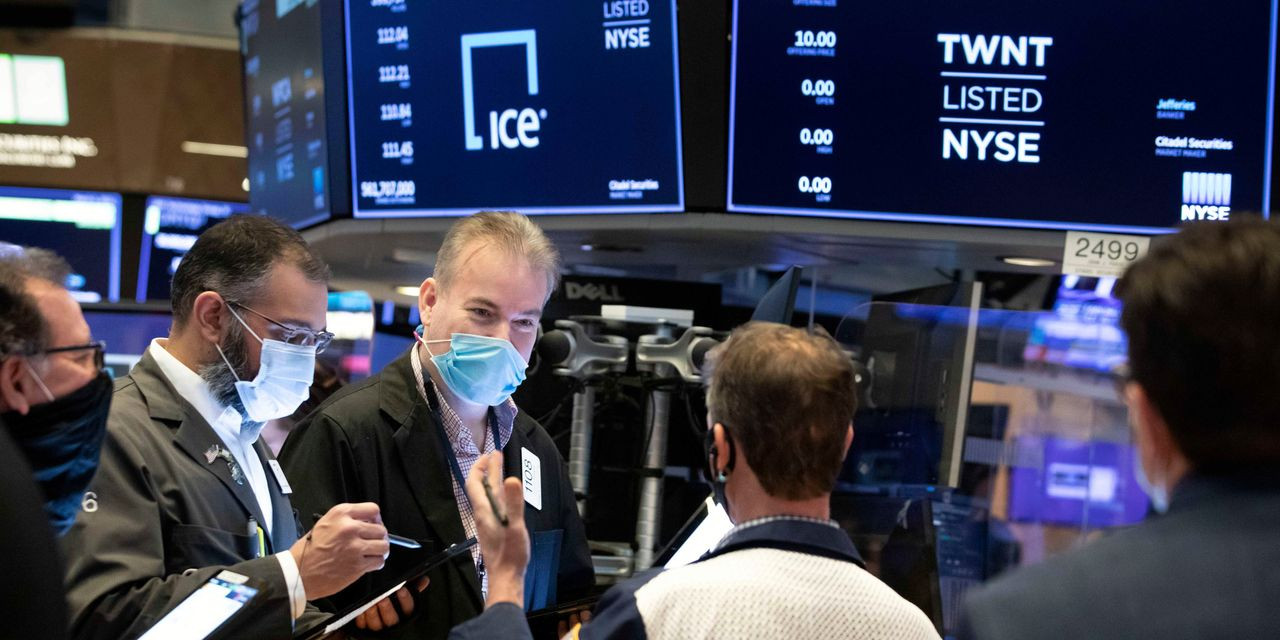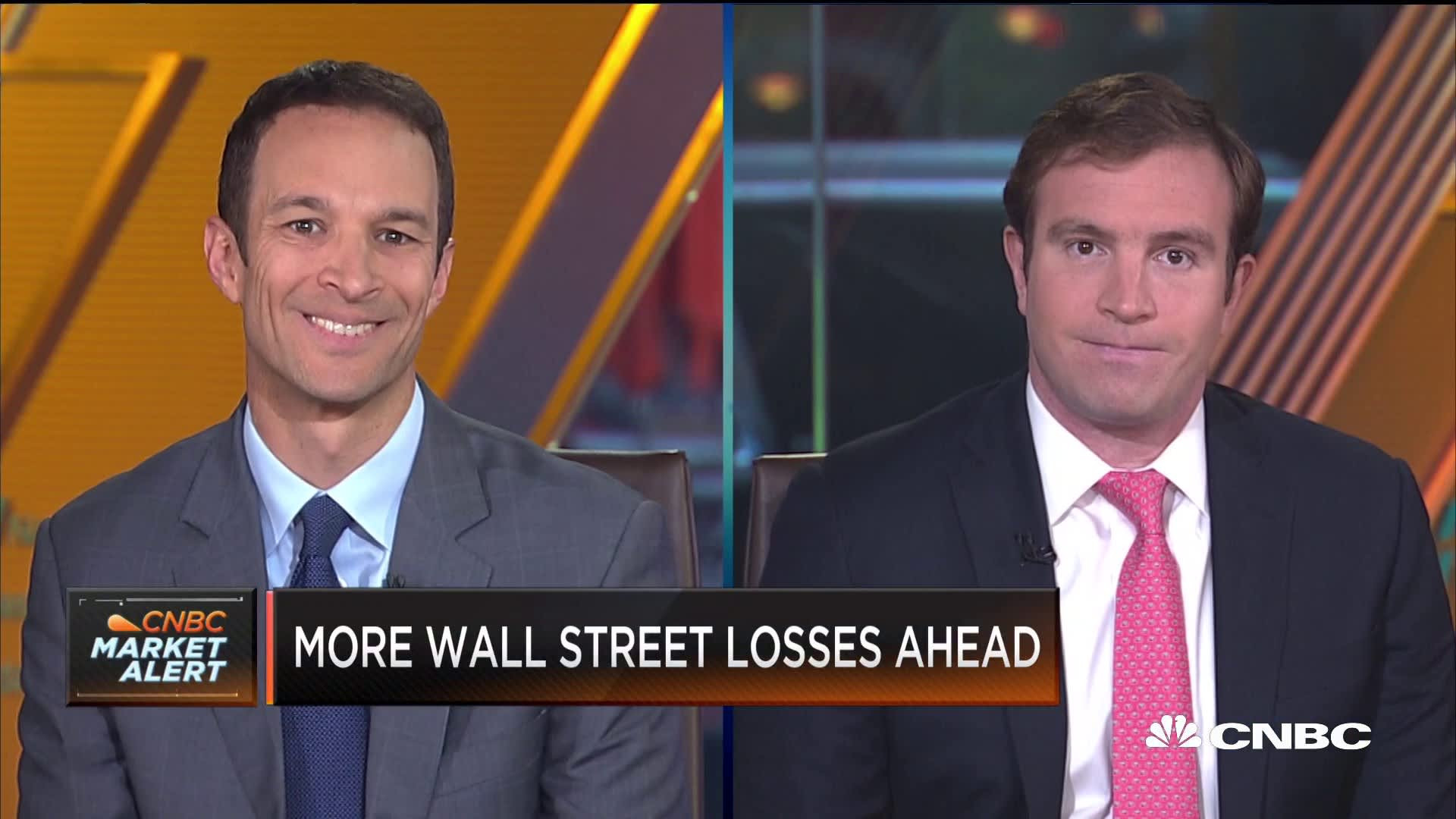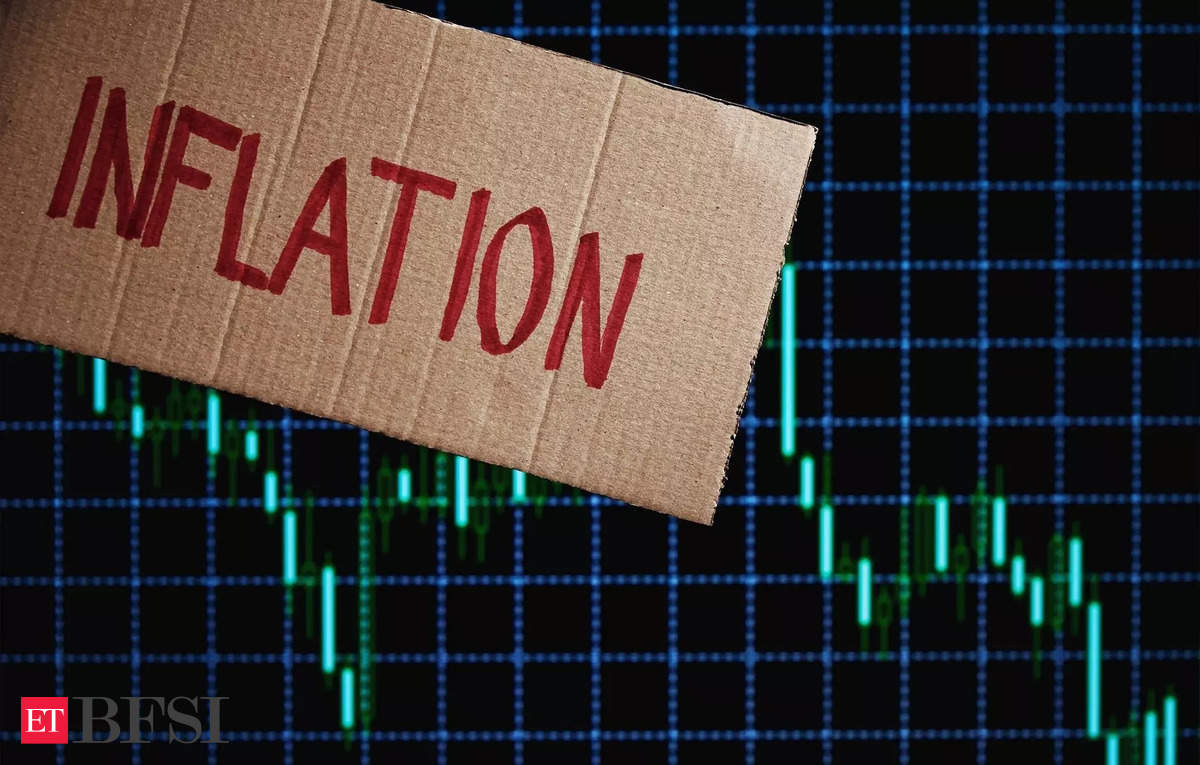Stocks fell sharply on Friday as a much weaker-than-anticipated jobs report for July ignited worries that the economy could be falling into a recession.
The broad market index dropped 1.84% to end at 5,346.56. The Nasdaq Composite lost 2.43% to close at 16,776.16, bringing the decline for the tech-heavy index from its recent all-time high to more than 10%. The Dow Jones Industrial Average fell 610.71 points, or 1.51%, to finish at 39,737.26. At its session low, the 30-stock index was down 989 points.
Nasdaq Correction
The Nasdaq is the first of the three major benchmarks to enter correction territory, down more than 10% from its record high. The S&P 500 and Dow were 5.7% and 3.9% below their all-time highs, respectively.
Weak Jobs Report
Stocks sank after July job growth in the U.S. slowed more than expected, while the unemployment rate rose to the highest since October 2021. Nonfarm payrolls grew by just 114,000 last month, the Labor Department reported, a slowing from 179,000 jobs added in June and below the 185,000 expected by economists polled by Dow Jones. The unemployment rate increased to 4.3%.
Big Tech Spending Concerns
Some megacap names saw steep losses during the day, as Amazon's second-quarter results sparked investor concerns about Big Tech's blowout levels of artificial intelligence-related capital spending. The e-commerce giant slid 8.8% after missing the Street's revenue estimates and issuing a disappointing forecast. Intel, meanwhile, cratered 26% after announcing weak guidance and layoffs. Nvidia lost 1.8%, following a 6% loss a day before.
Recession Fears
The 10-year Treasury yield fell to its lowest since December as investors flooded into bonds for safety on the fear the Federal Reserve made a mistake this week by keeping interest rates at current levels. The sell-off in stocks, particularly in the tech sector, was driven by concerns about a potential recession. The weak jobs report, coupled with disappointing earnings reports from tech giants, added fuel to the fire. Investors began to worry about the implications of rising interest rates and the potential impact on economic growth.
Sahm Rule Triggered
Though the numbers indicate the so-called Sahm Rule has been triggered, the developer of the indicator said the economy is not in recession.
“We are not in a recession now — contrary [to] the historical signal from the Sahm rule — but the momentum is in that direction,” Claudia Sahm, chief economist at New Century Advisors, said via email. “A recession is not inevitable and there is substantial scope to reduce interest rates.
The rule states that when the unemployment rate over a three-month period averages half a percentage point above the 12-month low, the economy is in recession. The jobless rate rose to 4.3% in July, bringing the three-month average to more than 4.1%, compared to the 3.5% 12-month low.
However, Sahm said in a recent Substack post that the rule “is likely overstating the labor market’s weakening due to unusual shifts in labor supply caused by the pandemic and immigration.”
“The Sahm rule is currently sending the right cautionary message about the labor market cooling, but the volume is too loud,” she added.
Volatility Spikes
During Friday's sell-off, the CBOE Volatility Index leapt as high as 29.66. That marked the highest level for Wall Street's “fear gauge” since March 15, 2023, when it leapt to 29.91. As of 12:30 p.m. ET, the so-called VIX index came off its highs to trade at roughly 26. The VIX index tracks the 30-day expected volatility of the stock market, based on the pricing of S&P 500 options.
Rate Cut Odds Rise
The odds of the Federal Reserve slashing its benchmark overnight lending rate a half a percentage point — to 4.75% to 5.00% from today's 5.25% to 5.50% — at its next policy meeting in mid-September soared Friday on the Chicago Mercantile Exchange in reaction to July's weaker-than-expected jobs report. One basis point equals one one hundredth of a percent, or 0.01%.
Traders in 30-day fed funds interest rate futures now assign a 61.5% chance of the central bank cutting borrowing rates by 50 basis points, up from only a 22% chance on Thursday, 11.5% odds a week ago and a scant 5.5% possibility one month ago.
Market Reaction to Jobs Report
The S&P 500 opened 1.4% lower shortly after 9:30 a.m. ET. The tech-heavy Nasdaq Composite slid 2.4%, while the Dow Jones Industrial Average dropped 345 points, or 0.9%..
Analysts Weigh In
Friday's declines are a “natural course” in a bull market that is reverting after its steep uptrend, LPL Financial chief technical strategist Adam Turnquist said.
“[The Nasdaq] was very overbought coming into July, same thing with semiconductors. And a lot of that AI enthusiasm hasn't really had a reality check at this stage,” he said, adding that “it's not the end of the AI story.”
Looking Ahead
The market is likely to remain volatile in the coming weeks as investors continue to grapple with the implications of the weak jobs report and the potential for a recession. The Federal Reserve's next policy meeting in September will be closely watched, as investors will be looking for clues about the central bank's plans for interest rates.
The Big Picture
The market sell-off is a reminder that even in a bull market, there are risks. Investors need to be aware of these risks and be prepared to adjust their portfolios accordingly. The recent sell-off in tech stocks is also a reminder that investors should not get caught up in hype, but instead should focus on fundamental value.
A Note on Volatility
The current market volatility is a testament to the uncertainty that exists in the economy. Investors need to be prepared for more volatility in the coming months. However, it is important to remember that the market has historically recovered from downturns. Over the long term, the market has always trended upward.


















